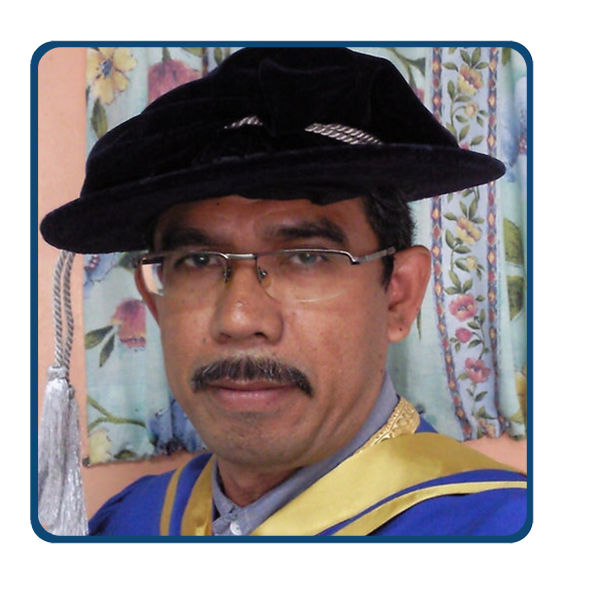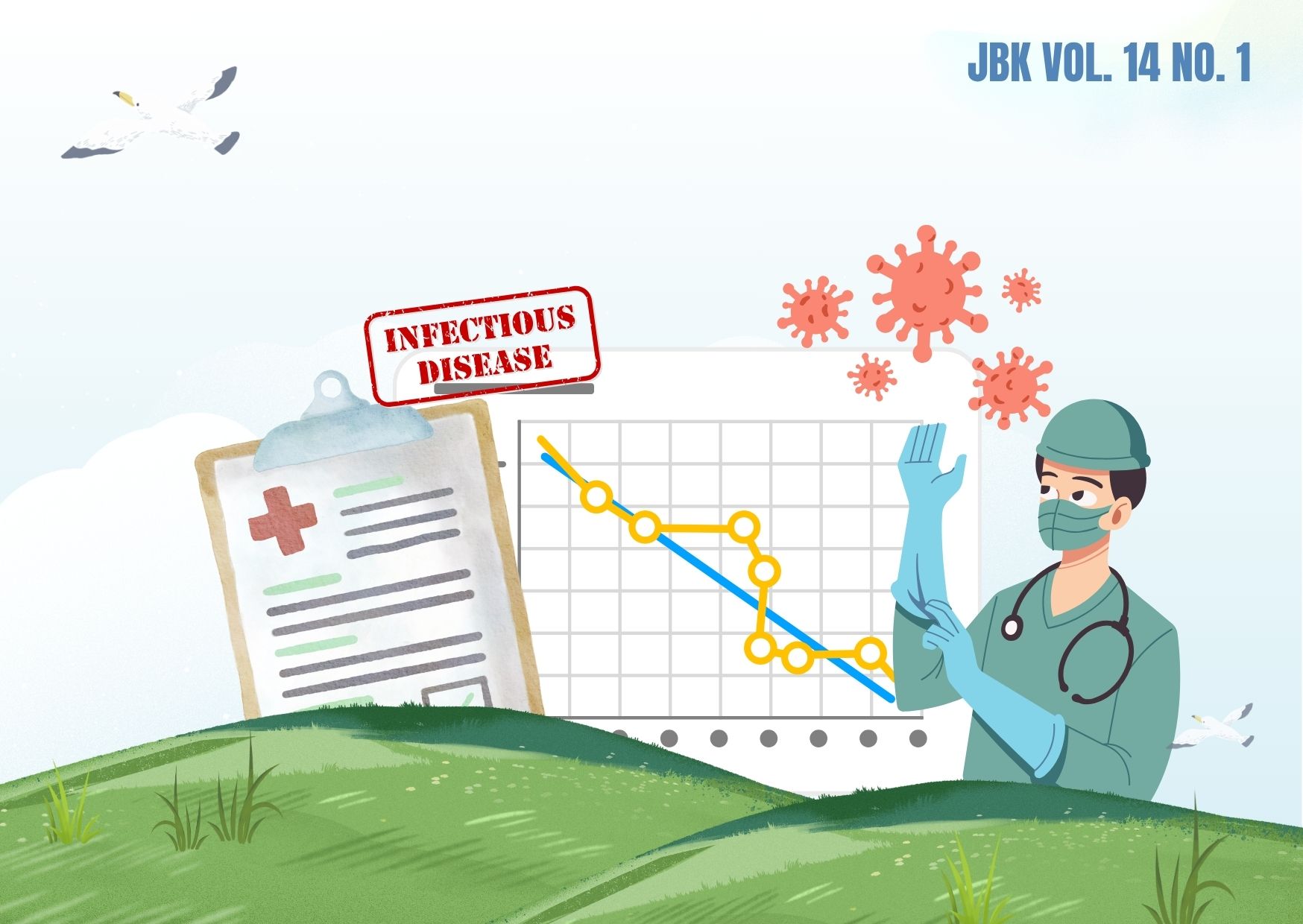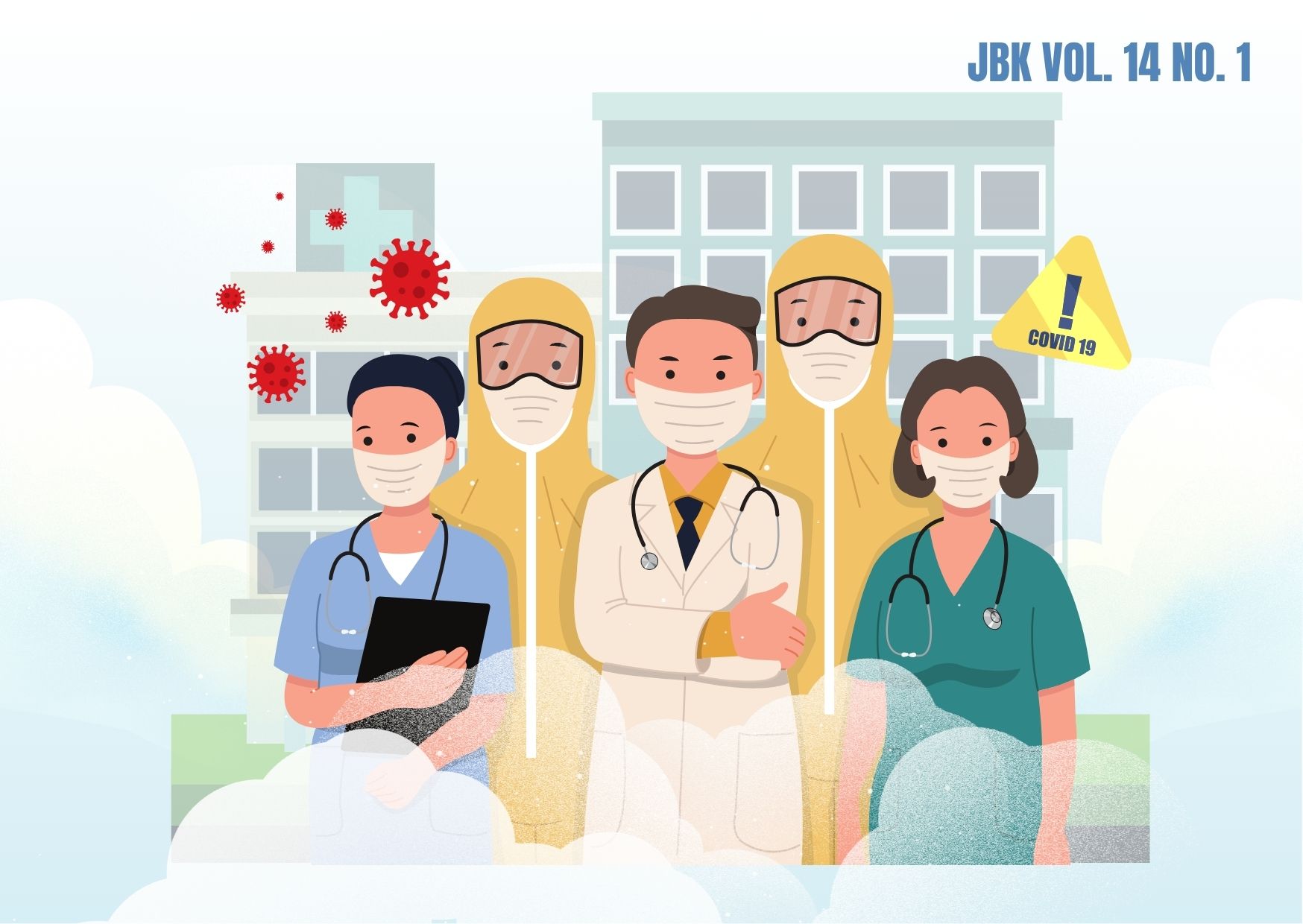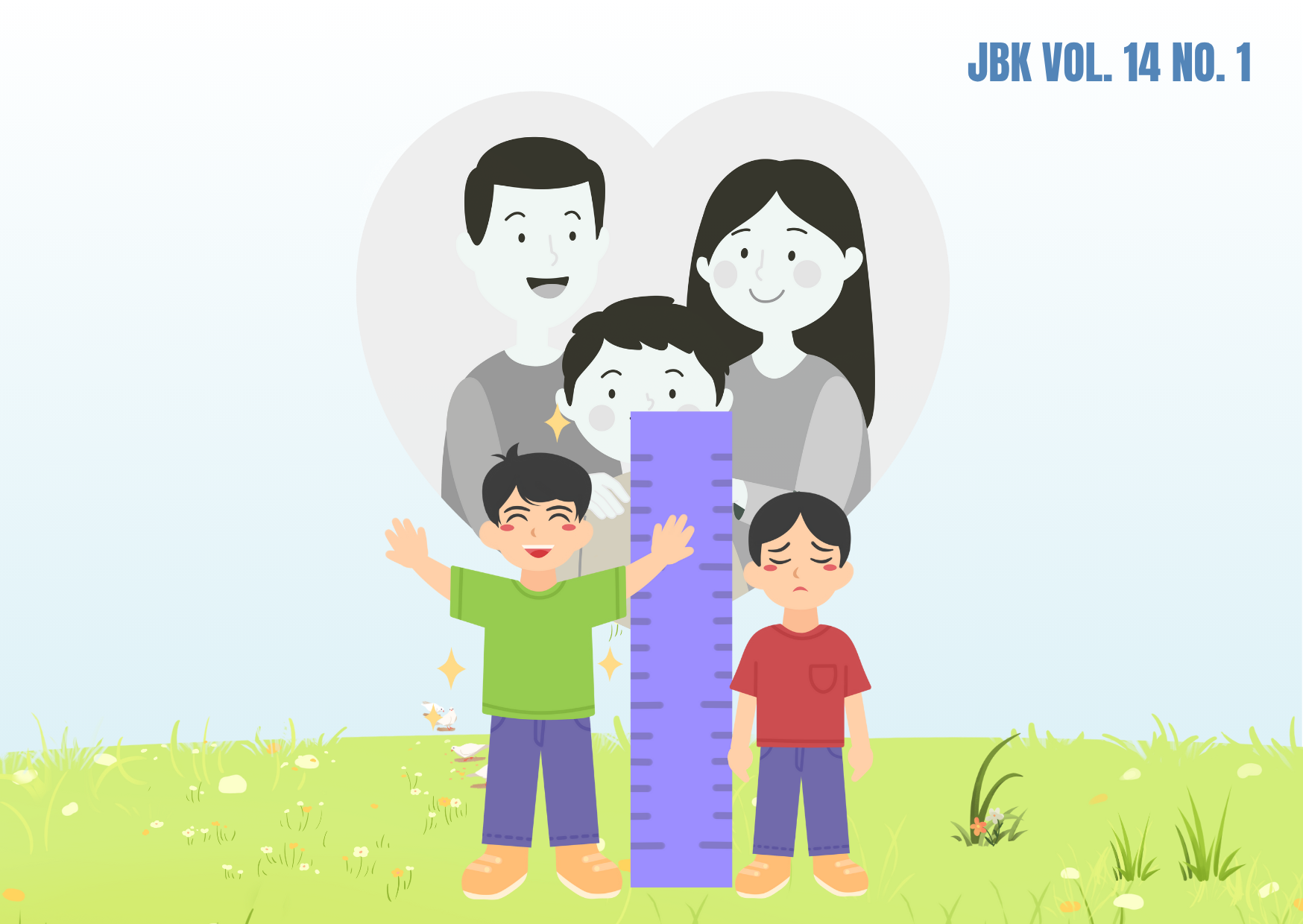IMPLEMENTATION ANALYSIS OF SEKOLAH SIAGA KEPENDUDUKAN (SSK) IN EAST JAVA 2019
Downloads
One of the ways to synergize various parties in anticipating and overcoming problems as a result of population dynamics is to increase the role of teachers through the establishment of Sekolah Siaga Kependudukan (SSK). This study aims to analyze the implementation of the SSK in East Java in 2019. The analysis was using descriptive analysis method. Secondary data on the number of schools that have SSK program is obtained through the area of population control by National Board Population and Family Planning Representative in East Java. Primary data related to problems and solutions in schools associated with the implementation of the SSK program were obtained by in-depth interviews conducted with heads of sub-fields and staff working in the area of Population Control. In 2017, National Board of Population and Family Planning Representative of East Java initiated the formation of SSK in 3 districts and cities. From 2017 to August 2019, the number of schools in East Java that have participated in the SSK program were 58 Senior High Schools and 24 Junior High Schools. Only 20.8% of schools that have met the SSK's criteria of success, namely (1) have a decree on the formation (2) have a nameplate, (3) the establishment of a population corner, (4) the integration of population material on subjects in the form of Lesson Plan (LP), and (5) community-related activities. Implementing SSK program in East Java still needs to be improved, especially in forming population corner. Students follow the integration of SSK materials into school subjects and the presence of population-themed activities through advocacy and coordination with stakeholders in districts and cities. The SSK program also requires increased socialization of activities at schools.
Diniyati, L.S. and Jayatmi, I., 2017. Pengaruh Empat Variabel terhadap Perilaku Pernikahan Dini Perempuan Pesisir. Jurnal Ilmiah Kesehatan, 16(2), pp.14–22.
Hasanah, U. and Nadiroh, 2018. Buku Non Teks Pendidikan Kependudukan Integrasi dengan Mata Pelajaran di SMA-MA. 1st ed. Jakarta: Directorate of Population Education Cooperation National Board of Population and Family Planning.
Krisdayanti and Edyanto, 2018. Analisis Proses Mutasi Promosi Jabatan Pegawai Negeri Sipil di Kantor Badan Kepegawaian Daerah Kabupaten Gowa. Jurnal Noken, 3(1), pp.62–74.
Lahmi, A., 2016. Peranan Sekolah dalam Pendidikan Islam. ISTAWA:Jurnal Pendidikan Islam, 1(2), pp.121–138.
Ma'arif, F., 2018. Hubungan antara Tingkat Pengetahuan dan Sosial Budaya dengan Sikap Remaja Terkait Pendewasaan Usia Perkawinan. Jurnal Biometrika dan Kependudukan, 7(1), pp.39–48.
Marsuyetno and Harahap, R.H., 2013. Analisis Implementasi Kebijakan Pengelolaan Lingkungan Hidup di Sumatera Utara (Studi pada Badan Lingkungan Hidup Provinsi Sumatera Utara). Jurnal Administrasi Publik, 1(2), pp.271–292.
National Board of Population and Family Planning, 2015. Modul Pembekalan Guru SMA dalam Pengintegrasian Pendidikan Kependudukan Tahun 2015. [online] Jakarta: National Board of Population and Family Planning.
National Board of Population and Family Planning, 2017. Pedoman Pengelolaan Pendidikan Kependudukan melalui Sekolah Siaga Kependudukan (SSK) di SMP, SMA dan Sederajat. Jakarta: National Board of Population and Family Planning.
Nurulwahida, A.A., Makhsin, M.B., Azman, A. and Mokhtar, B., 2015. Soft Skills through Thinking Intelligence to Increase Employability Graduates. Australian Journal of Basic and Applied Sciences, 9(13), pp.12–18.
Rohmatulloh, and Shalahuddin, M. I., 2014. Pengembangan Model Logika Evaluasi Program Pengembangan SDM Responsif Gender Bidang ESDM. Jurnal Teknik Industri, 15(2), pp.145–153.
Sabdaningtyas, L., 2018. Model Evaluasi Implementasi Kebijakan Standar Pelayanan Minimal pada Satuan Pendidikan Jenjang SD. Jurnal Penelitian dan Evaluasi Pendidikan, 22(1), pp.70–82.
Titisari, A.S., 2018. Tren Pengetahuan Sikap dan Perilaku (PSP) Remaja terhadap Isu Kependudukan. Piramida: Jurnal Kependudukan dan Pengembangan Sumber Daya Manusia, [online] XIV(1), pp.16–22.
Yuliani, S. and Nadiroh, 2018. Buku Non Teks Pendidikan Kependudukan Integrasi dengan Mata Pelajaran di SMP-MTs. Jakarta: Directorate of Population Education Cooperation National Board of Population and Family Planning.
Zimmerman, M.A., Stoddard, S.A., Eisman, A.B., Caldwell, C.H., Aiyer, S.M., Miller, A., Caldwell, H., Aiyer, S.M. and Miller, A., 2013. Adolescent Resilience : Promotive Factors That Inform Prevention. Child Develompent Perspective, 7(4), pp.215–220.
Copyright©2022 Jurnal Biometrika dan Kependudukan (Journal of Biometrics and Population)
This work is licensed under a Creative Commons Attribution-NonCommercial-ShareAlike 4.0 International License.
1. Copyright of all journal manuscripts is held by the Jurnal Biometrika dan Kependudukan.
2. Formal legal provisions to access digital articles of the electronic journals are subject to the provision of the Creative Commons Attribution-ShareAlike license (CC BY-NC-SA), which means that Jurnal Kesehatan Biometrika dan Kependudukan to keep, transfer media/format, manage in the form of databases, maintain, and publish articles.
3. Published manuscripts both printed and electronic are open access for educational, research, and library purposes. Additionally, the editorial board is not responsible for any violations of copyright law.



































